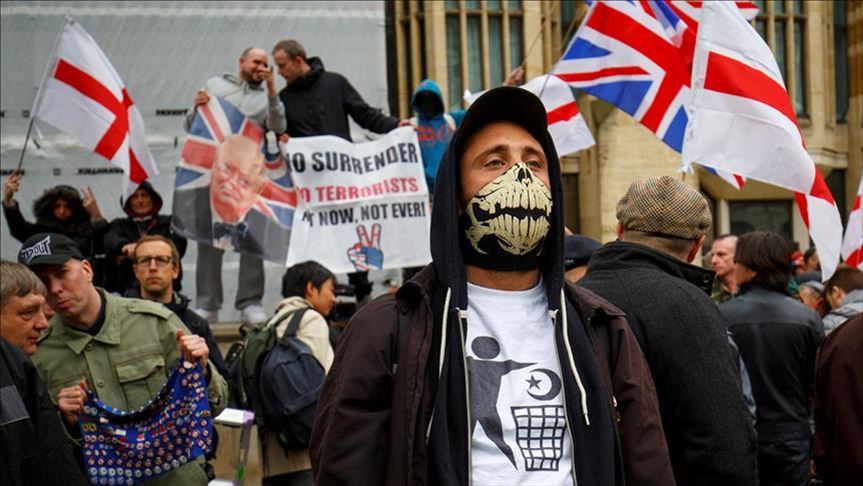Incident Details and Prime Minister's Reaction
Rishi Sunak, the Prime Minister of the United Kingdom, recently revealed that he was subjected to a racist slur during the ongoing election campaign. The incident has deeply affected him, especially since his daughter witnessed it. With the snap elections in the UK set to begin on July 4th, tensions are high, and there is a possibility that Sunak's party might face defeat.
During the campaign rallies, supporters of a rival party used racist language against Sunak. In response, Sunak expressed his hurt and anger, stating, "My two daughters have to see and hear people who campaign for my rival calling me an 'F.' It hurts and makes me angry. He has some questions to answer. I don't use these words lightly, but this is too important not to call out clearly for what it is." This statement has gone viral, highlighting the serious issue of racism in the campaign.
Far-Right Ideologies and Racial Tensions
Sunak, a member of the UK's Conservative Party, which is traditionally right-wing, has faced this attack from even further right-wing factions. These far-right ideologies are gaining traction across Europe and often target individuals based on race. Sunak's government has already implemented stricter immigration policies, but the rise of far-right groups has intensified racial tensions.
Sunak took to the media to openly discuss the racial slur directed at him, specifically the "P-word," a derogatory term that originated in the 1960s to refer to Pakistani immigrants in the UK. Over time, this term has been used broadly against people from the Indian subcontinent, including Indians, Bangladeshis, and Sri Lankans. Sunak emphasized the importance of raising awareness about the harmful nature of this word and not brushing such issues under the carpet.
Historical Context and Current Relevance
The racial slur in question originated during the 1960s when significant numbers of people from the Indian subcontinent, including Pakistan, Nepal, and India, began settling in the UK. Native residents, who had issues with the assimilation of Pakistani immigrants, began using the derogatory term. Over time, it came to be used against all individuals from the region. This slur has recently resurfaced in various controversies, including an incident during the Pakistan cricket team's tour of Australia in late 2023.
The use of this term is not limited to the UK but extends to other former British colonies and Commonwealth countries, such as Australia, New Zealand, and Canada. Sunak's decision to address the issue publicly aims to educate the global audience about the derogatory nature of the word and to hold those who use it accountable.
Social Media and Broader Implications
Racism against non-white individuals is not just confined to political campaigns but is also spreading on social media platforms. On x.com (formerly Twitter), there has been a surge in racist comments against Indians, with many hateful posts garnering millions of likes and views. This has led to a wave of Indians canceling their premium subscriptions in protest against the platform's handling of racist content.
Future Challenges and the Fight Against Racism
The rise of far-right ideologies and increasing racial tensions pose significant challenges. Sunak's experience underscores the growing problem of racism in Europe and the USA. While there is no immediate solution, raising awareness and openly discussing these issues are crucial steps in combating racism.
Conclusion
Rishi Sunak's confrontation with racism during the election campaign has shed light on the persistent and growing problem of racial discrimination in politics and society. As elections approach, addressing these issues remains a priority, not just for the UK but for the global community.



Post a Comment